A new book chronicles how a nondescript bakery in Manhattan provides company for the struggles of late life.
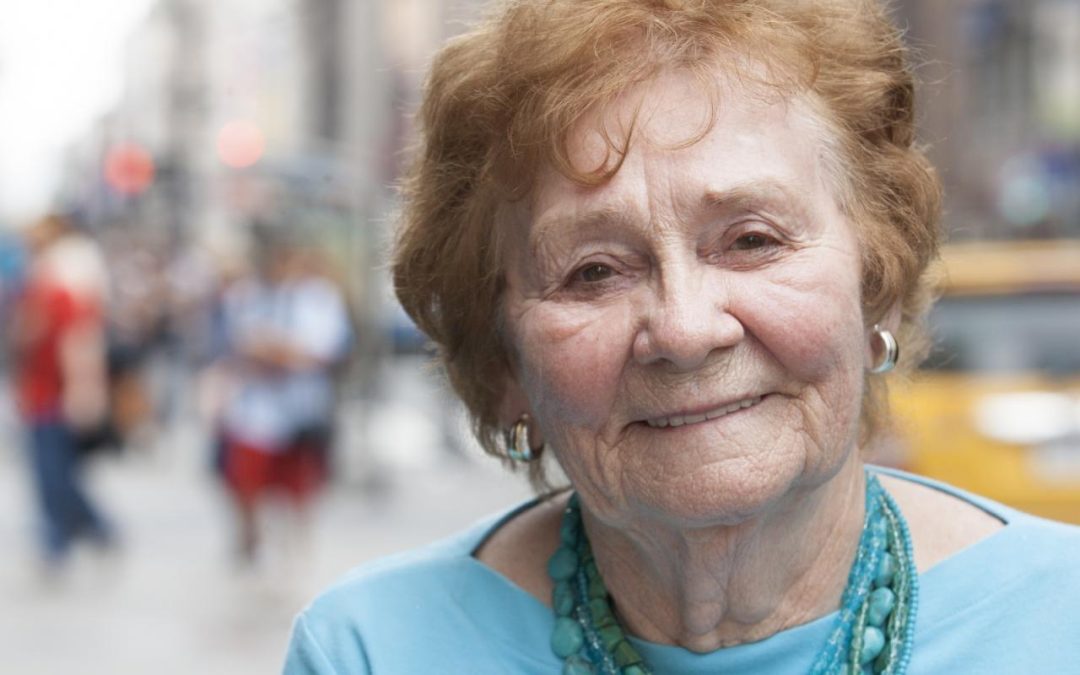

A new book chronicles how a nondescript bakery in Manhattan provides company for the struggles of late life.
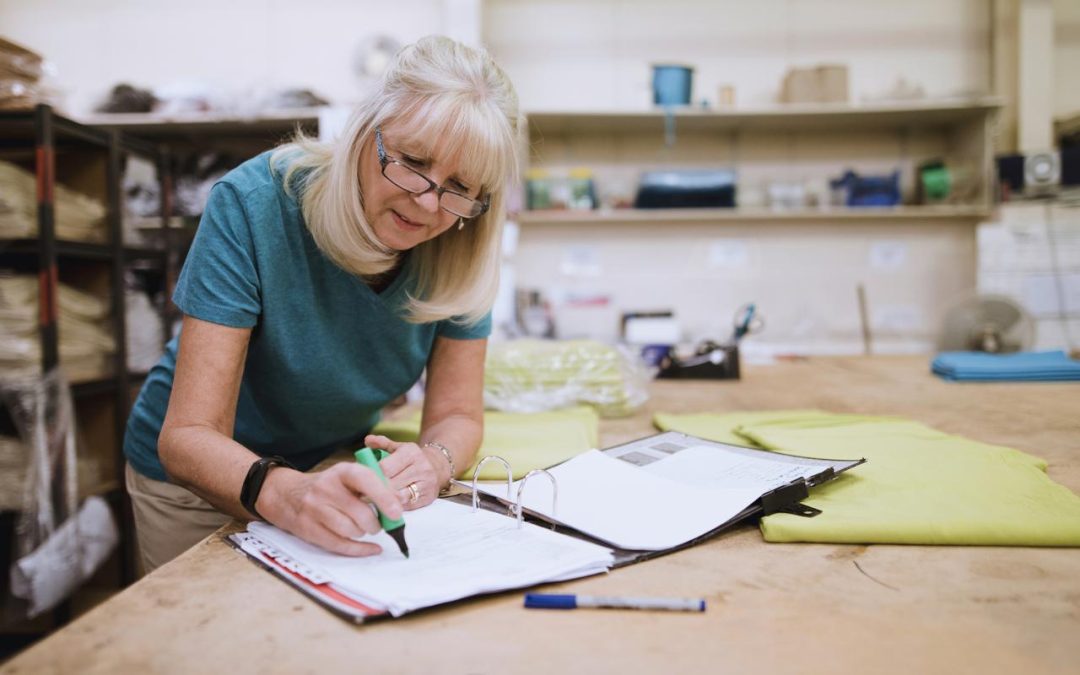
Older workers cite high cost of housing, necessities, for staying longer in the workforce.
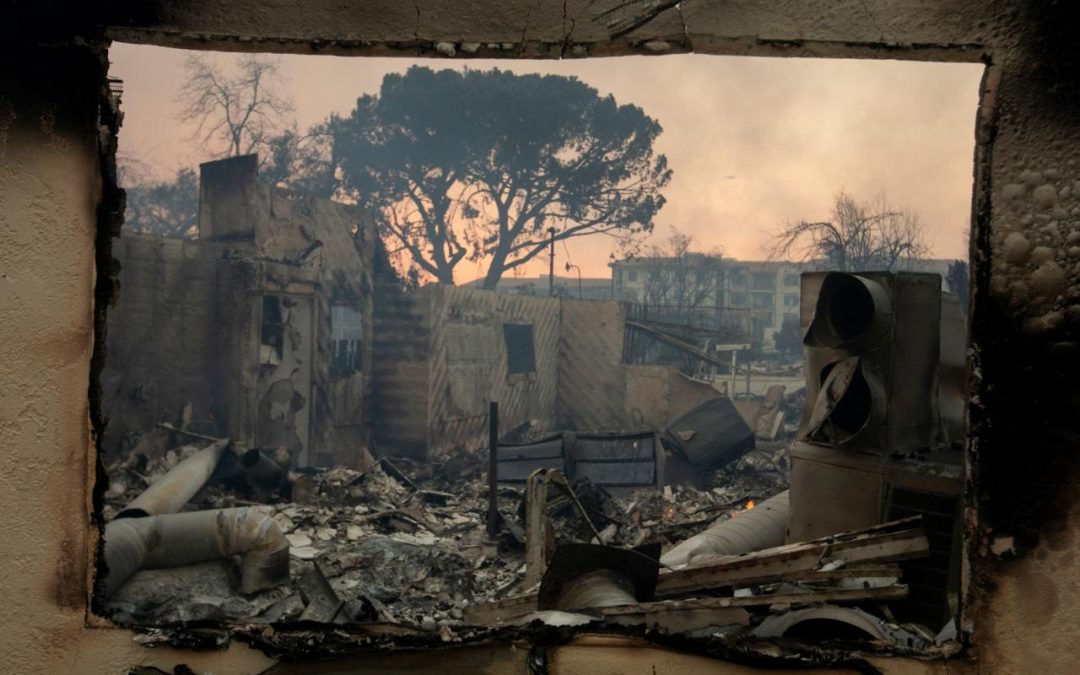
Natural disasters lay bare society’s deepest inequalities, and for older adults, challenges are life-changing and potentially life-threatening.

In defense of right-minded thinking during a disaster.
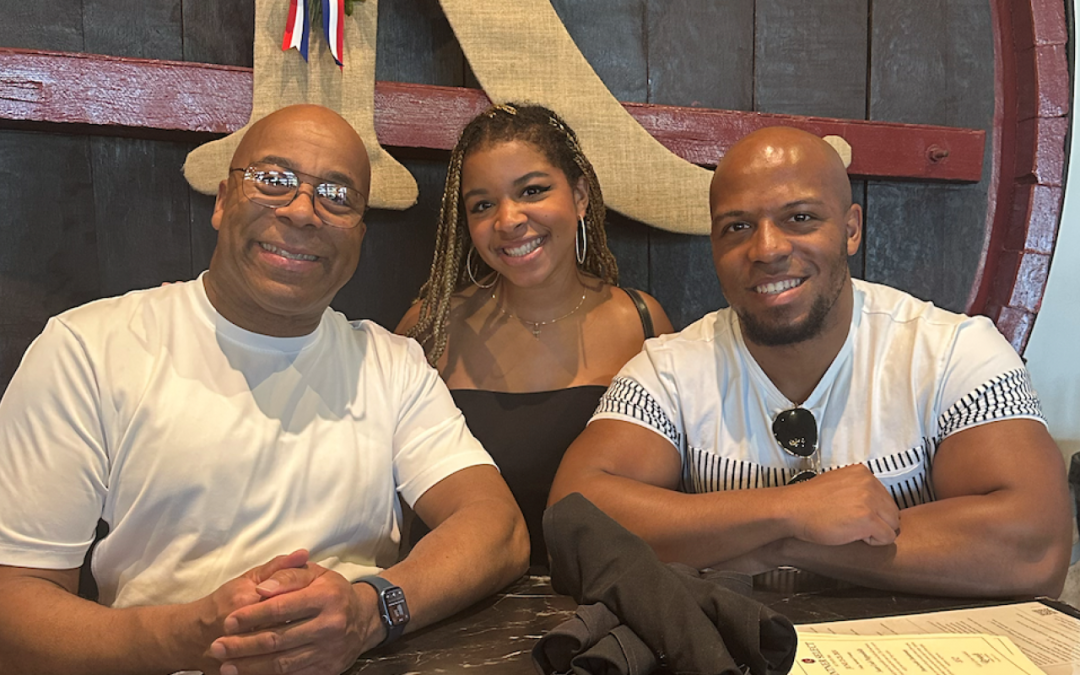
One older adult’s special hobby may be inherited.

A guide the author never knew she needed, written from learning the hard way.
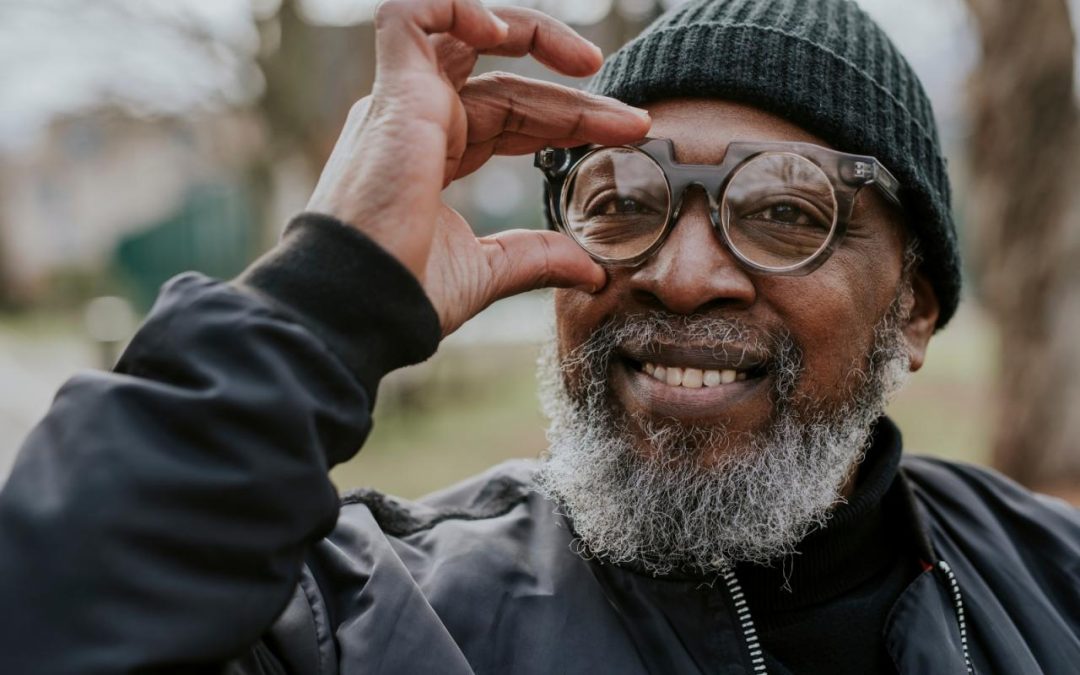
The Aging While Black movement is built upon three core pillars: Recalibrating the Village, Embracing Innovation, and Leaning into Sankofa.
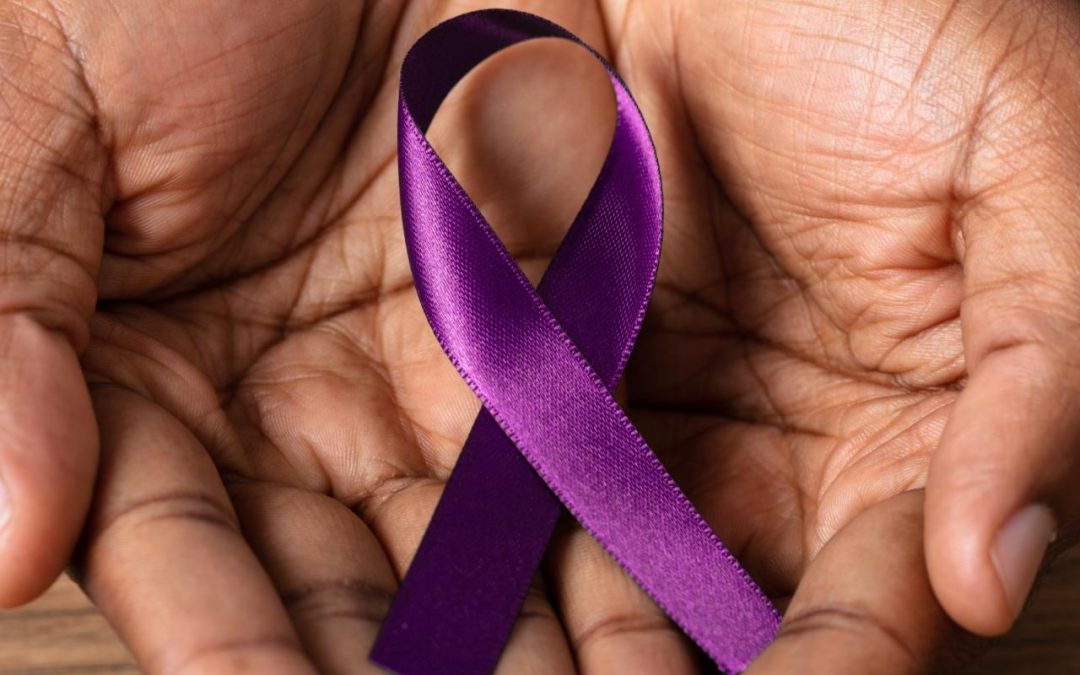
Family dementia caregiving inspires a business that centers Dementia Villages in underserved communities.
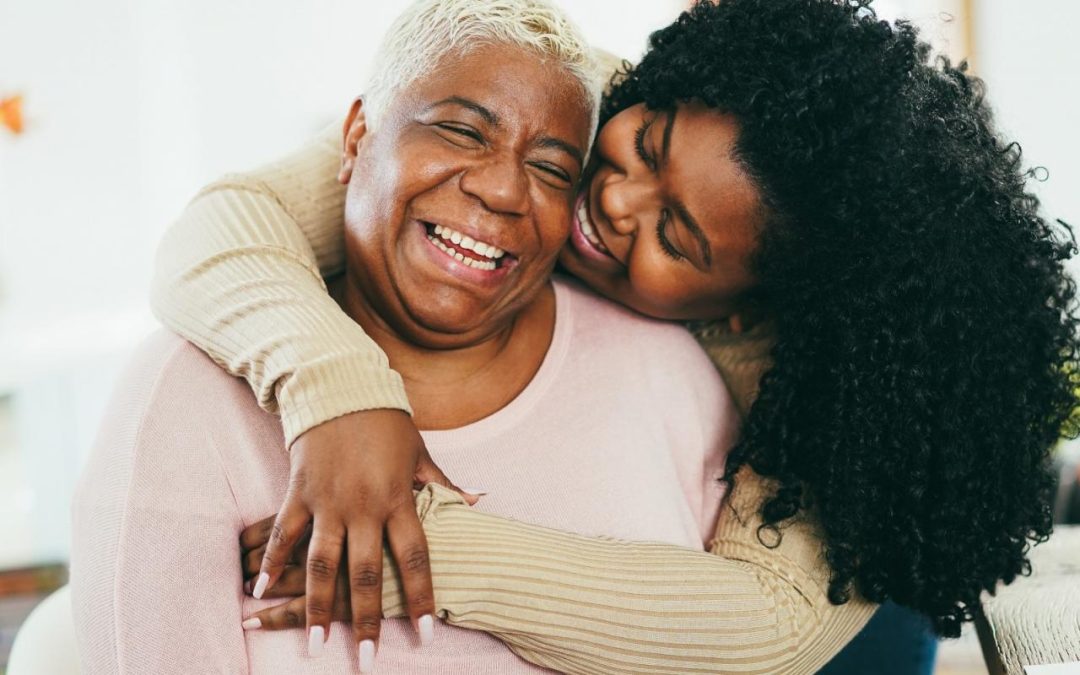
We need culturally tailored education on navigating care.

‘Radical Self-Care isn’t optional—it’s a survival strategy.’

This collection of pieces harnesses culturally responsive solutions, empowering caregivers and strengthen bonds in our communities.
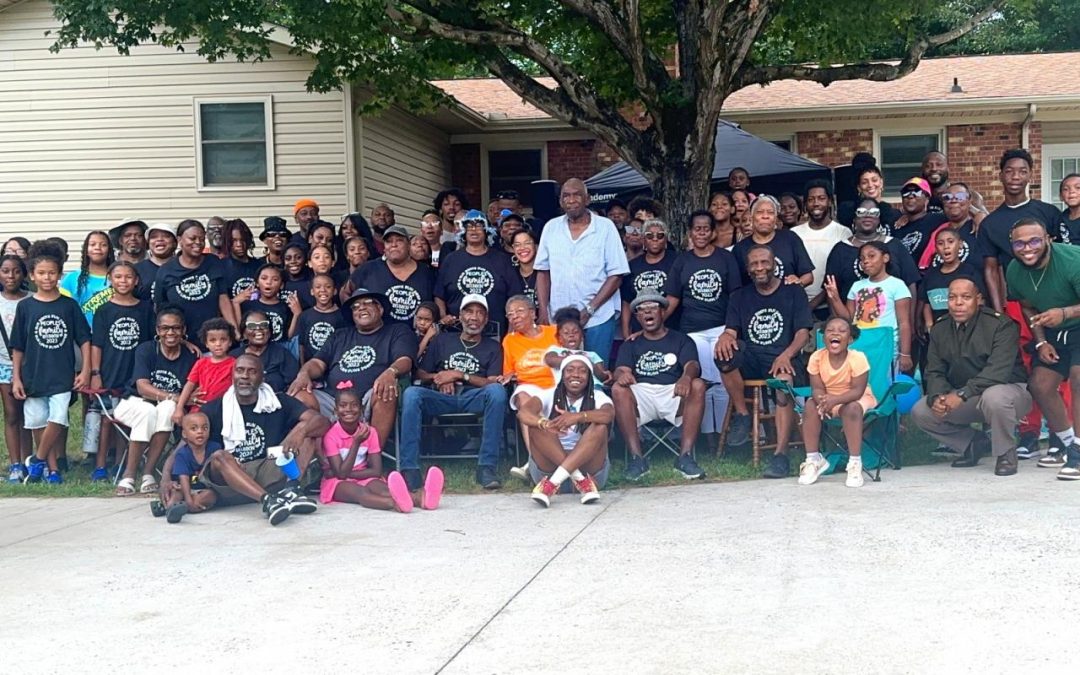
In Black communities, insights and guidance from elders can serve as tools for resilience and strength.
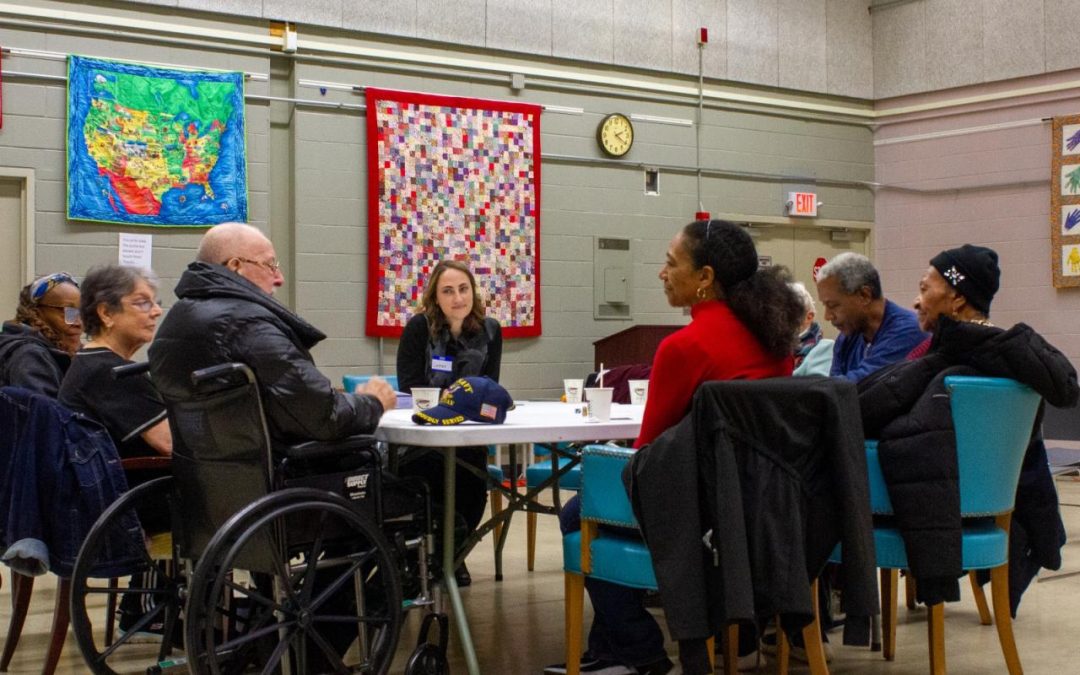
Multiple efforts exist to teach older adults how to avoid being scammed.
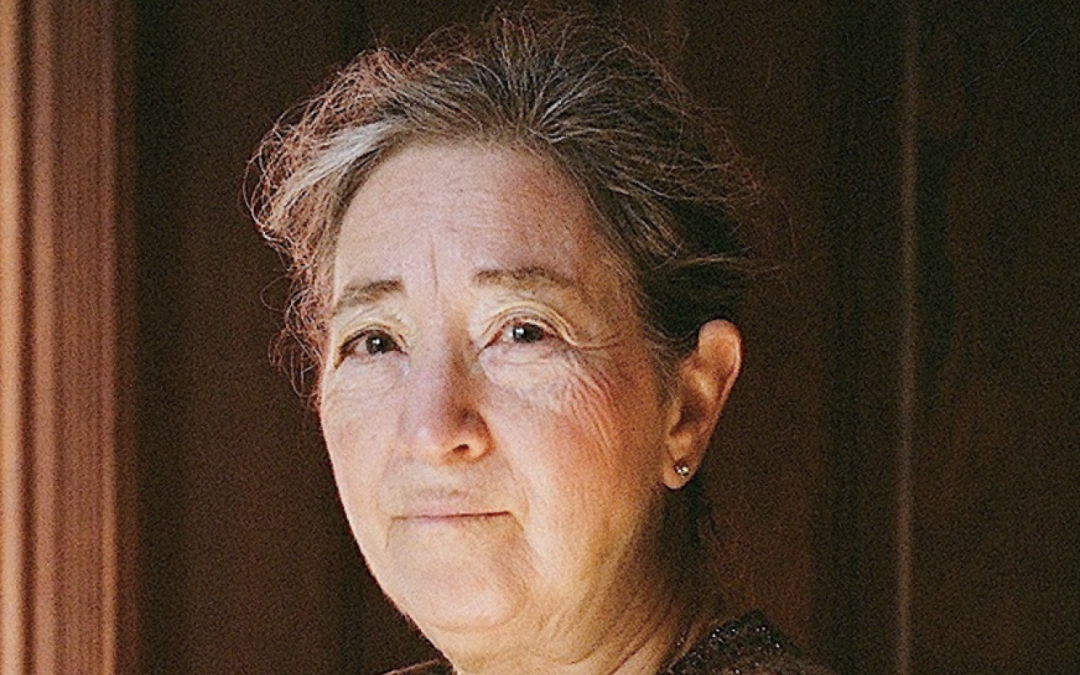
On triage, healthcare rationing, and how ageism might rear its ugly head in any situation of constructed scarcity.
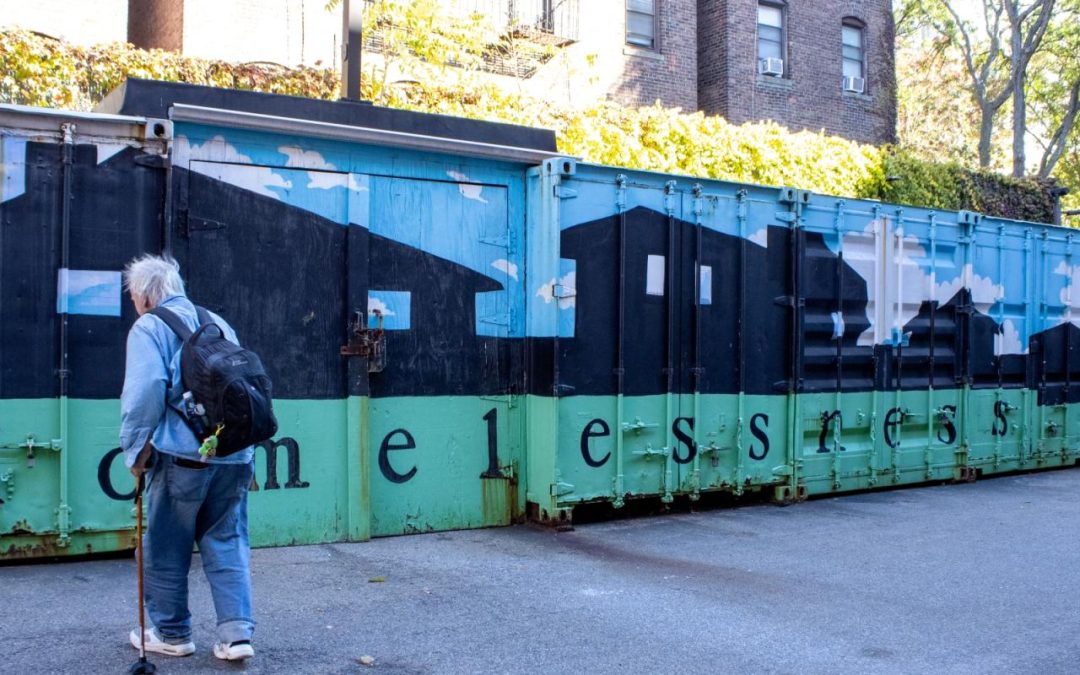
Unhoused residents struggle to find affordable housing.
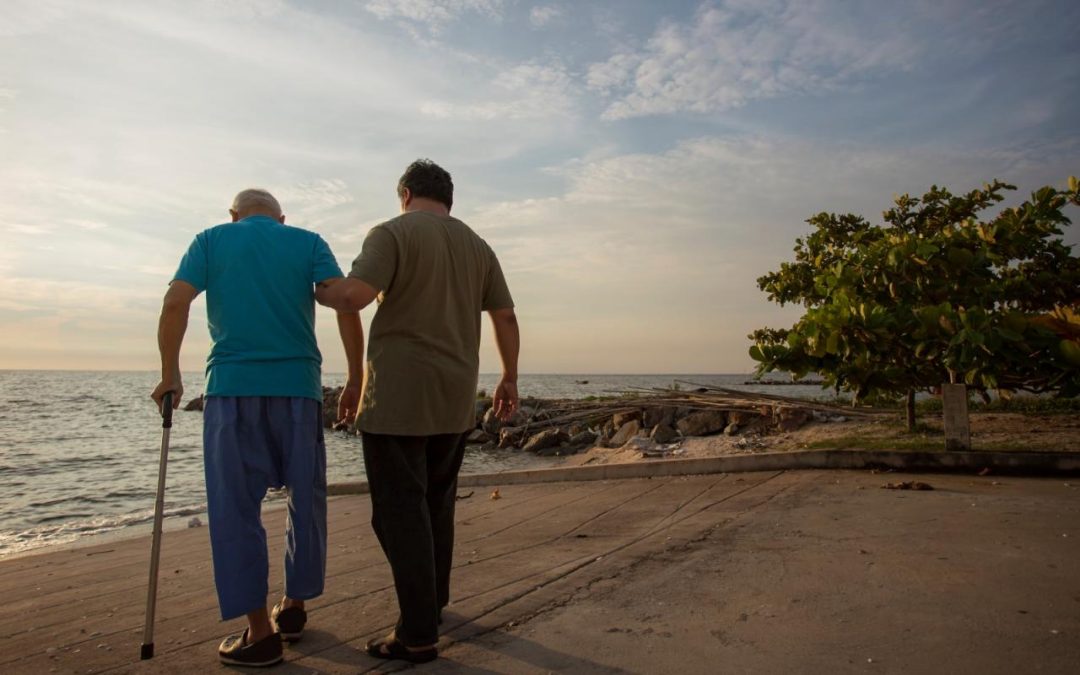
Mental health is often overlooked in other caregiver support programming.

Once data is gathered, design modifications to elder care facilities could be warranted.
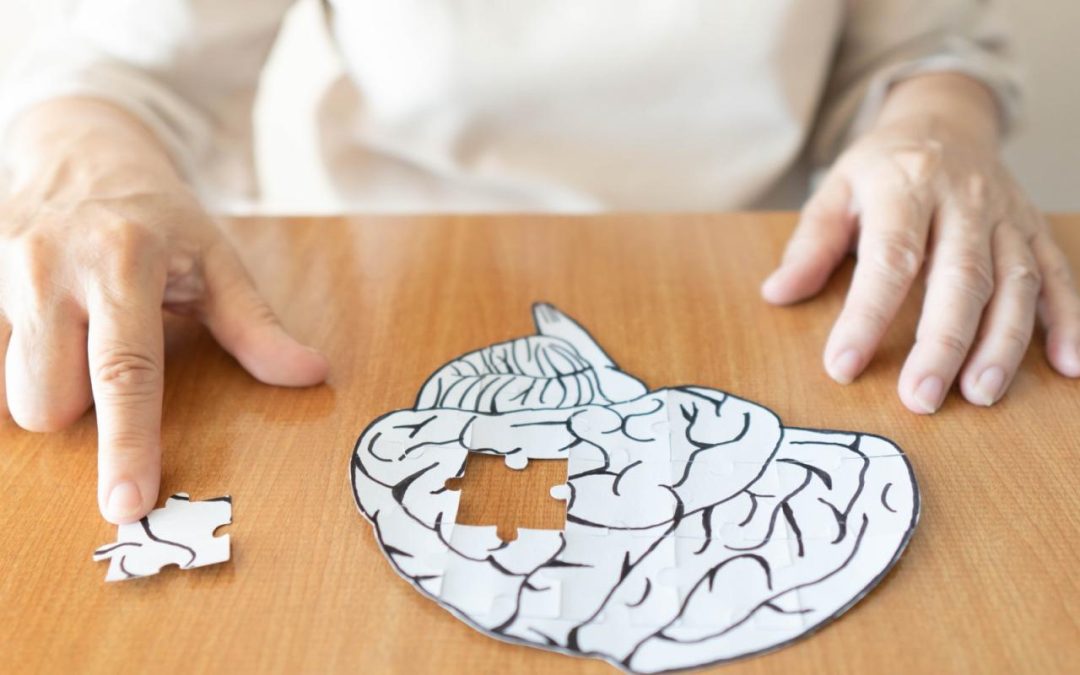
More training and specified staff could make a huge difference in how people with PD and dementia are treated.

New book zeroes in on the clarity that comes with aging.

Cuts to Medicaid and the threat of mass deportations could do irreparable harm to direct care.